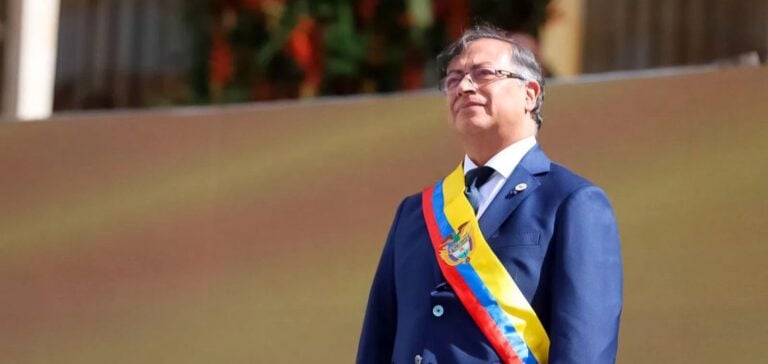U.S. authorities have confirmed an increase in tariffs applied to Colombian products under a “reciprocal” tariff regime. The 10% base rate, established by presidential decree, remains in force pending the publication of adjustments by product category. In response to this measure and the deterioration of diplomatic dialogue, the Colombian government has recalled its ambassador to Washington. No details have been released at this stage regarding specific tariff lines that may target the energy or metallurgical sectors.
Legal framework and administrative implementation
The measure is based on the International Emergency Economic Powers Act (IEEPA), which authorizes the White House to impose additional tariffs on grounds of national security or foreign policy. The Office of the United States Trade Representative (USTR) and the U.S. Customs and Border Protection (CBP) oversee operational implementation through the Harmonized Tariff Schedule (HTS). The bilateral free trade agreement between the two countries remains legally in force but is temporarily superseded by the emergency measures. Economic actors await the official publication of the relevant HTS positions to assess the commercial impact.
Trade between the two countries is dominated by energy and mining products. The United States regularly imports Colombian crude oil, while Colombia imports refined U.S. products. These cross-flows make both markets sensitive to any tariff changes. Private operators anticipate potential customs delays pending clarification of the new trade conditions.
Crude oil and refined products
According to the U.S. Energy Information Administration (EIA), Colombia is among the regional suppliers of crude oil to the U.S. market. Cargoes are mainly destined for refineries on the Gulf Coast, which adjust their sourcing based on availability and quality of Latin American crudes. Exports of refined products from the United States to Colombia, including diesel and gasoline, complement this bilateral relationship. Oil traders are monitoring upcoming tariff publications to recalculate import and delivery costs.
Oil contracts generally include adjustment mechanisms in case of regulatory changes. Trading companies and refiners rely on these clauses to adapt delivery prices at destination. The market is awaiting a possible increase in tariffs beyond 10%, which could affect margins and regional logistics arbitrage.
Coal and Colombian export restrictions
The Colombian government maintains its ban on coal exports to Israel, introduced by decree in 2024 and reinforced in 2025. This measure applies to mining companies and traders operating in the country. The United States is not a major export destination for Colombian coal, with most volumes directed to Europe, Turkey, and Asia. Operators have not reported any direct impact from the new U.S. tariffs on this segment, but trade flows remain subject to regulatory and logistical constraints.
Mining companies are adjusting their shipping contracts according to national regulations and available markets. The combination of domestic restrictions and international customs measures increases the complexity of Colombian coal trade. Logistical adjustments continue under close administrative supervision.
Nickel and industrial asset transition
South32 Limited has finalized an agreement to sell the Cerro Matoso ferronickel mine and plant to CoreX Holding. This transaction is part of South32’s strategic focus on its core operations. Cerro Matoso is one of Latin America’s main ferronickel producers, supplying the stainless steel and alloy industries. Exports are distributed among the United States, the European Union, and several Asian markets.
The United States represents a limited share of Cerro Matoso’s sales. The announced tariff adjustments could nevertheless affect export margins if ferronickel is included among the targeted tariff positions. The companies involved are monitoring the publication of HTS codes to adapt their contractual terms. Production volumes and investment plans remain unchanged pending U.S. regulatory clarification.
Macroeconomic indicators and administrative outlook
Following the U.S. announcement, the Colombian peso declined against the dollar, reflecting market uncertainty over trade flows. Colombian economic authorities have not specified any countermeasures, while diplomatic exchanges between the two capitals remain suspended. U.S. agencies have yet to publish a new list of affected products. Importers and exporters continue to operate under existing procedures while awaiting official guidance.
Financial and industrial operators view this development as an extension of the broader tariff framework introduced earlier in the year. The oil and mining markets are closely monitoring the forthcoming data from U.S. authorities to adjust contractual positions and delivery strategies.






















